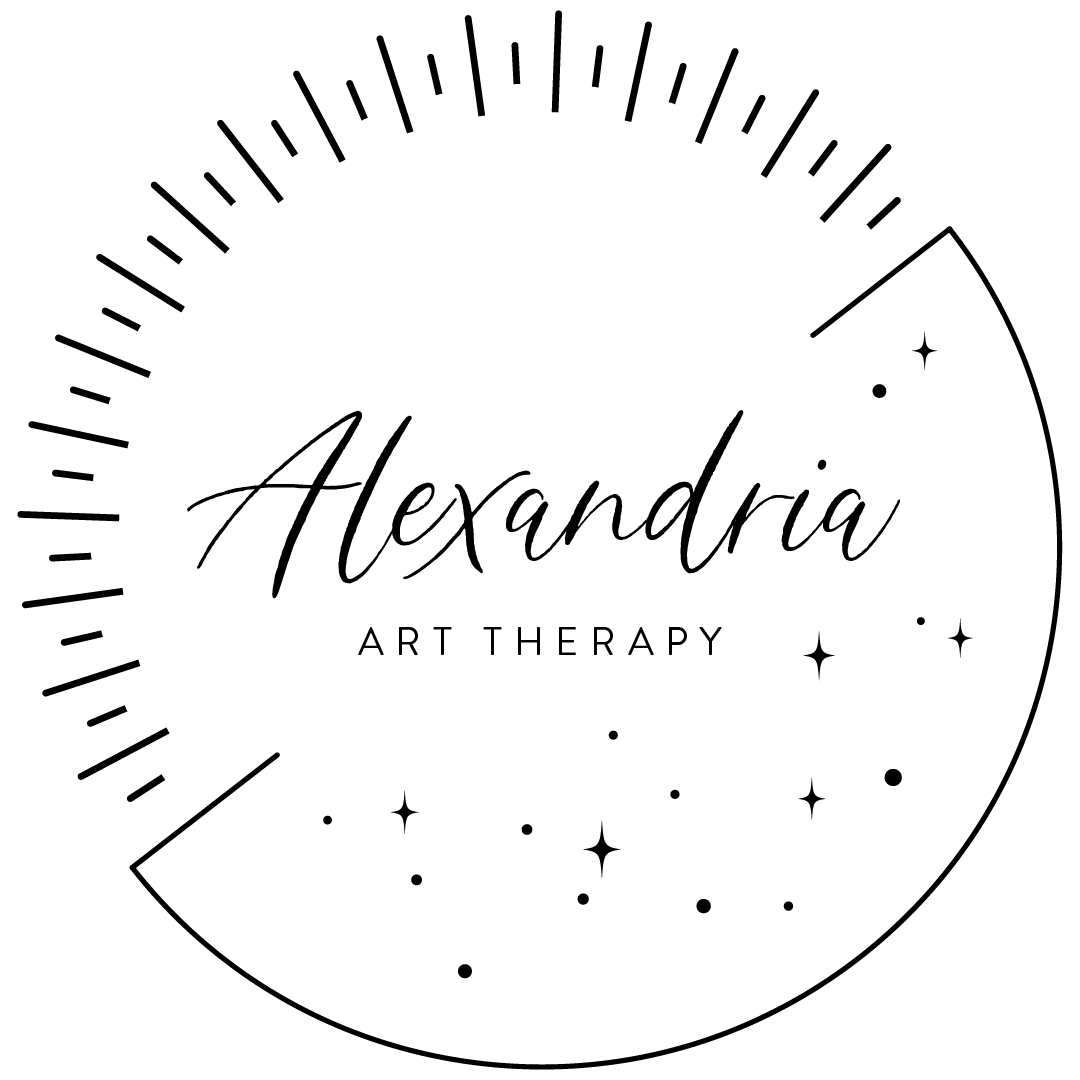Recommended Reading | 4
Hello readers! How is your reading life growing and changing under quarantine? Are you reading new genres, picking up old favorites, or maybe discovering new reading formats? I love listening to audiobooks while commuting or working on art projects. It’s not everyone’s cup of tea, but a great (and usually free) option if you find yourself busy with other tasks but still want to read more.
I just finished the audiobook of A Woman Is No Man, a novel from Palestinian American author Etaf Rum about three generations of women in a Palestinian immigrant family. I haven’t recommended a novel for this column yet, but even early in the book I knew I wanted to share this story with you. It’s a powerful and challenging look at female choices, roles, and expectations within cultural traditions. I especially enjoyed the narrators who thoughtfully captured the three very different main characters.
I am writing this from the privileged perspective of a white woman, and I want to be as thoughtful and appropriate as I possibly can. I admit this book often felt challenging because it forced me to confront my initial biases and perspectives on a world I know little about: the culture of arranged marriage in Palestine. I questioned my beliefs on how people - women especially - are treated in various cultures. It’s difficult but necessary personal work to ask yourself when, where, and how your beliefs formed - were they taught, were they lived, or were they passed down to you?
In the US, we value personal freedom, change, and innovation, but these values aren’t the same in every culture. For many people, family responsibilities and duty to uphold cultural traditions are the most important values. So, what do you do when you are encouraged to make your own choices, but you’ve never known choice? And what if making a choice for yourself goes against your values, and might even isolate you from your community? How do you change something that feels like a betrayal to your culture? Is it more important to be yourself or to feel like you belong somewhere - or can you have both?
The story features domestic violence and abuse, as well as some substance abuse, which might be hard topics for some readers. These issues were addressed in a very realistic way, from the perspective of a woman who doesn’t have the means or agency to change her life. The characters are complicated and their inner turmoil will no doubt feel familiar to every woman. Rum included some parts of her own life in this story, and she writes with the wisdom of someone well beyond her years.
I believe it’s my responsibility to read as many diverse authors as possible. Reading strengthens empathy because when we recognize parts of ourselves in characters, we can recognize those different parts in other people. This book is the perfect example of why we need diverse authors - not just so that everyone can see themselves represented in stories, but so that we can step outside our comfort zones and widen our perspectives. I’m grateful to have books that are beautiful, challenging, and reflective.


